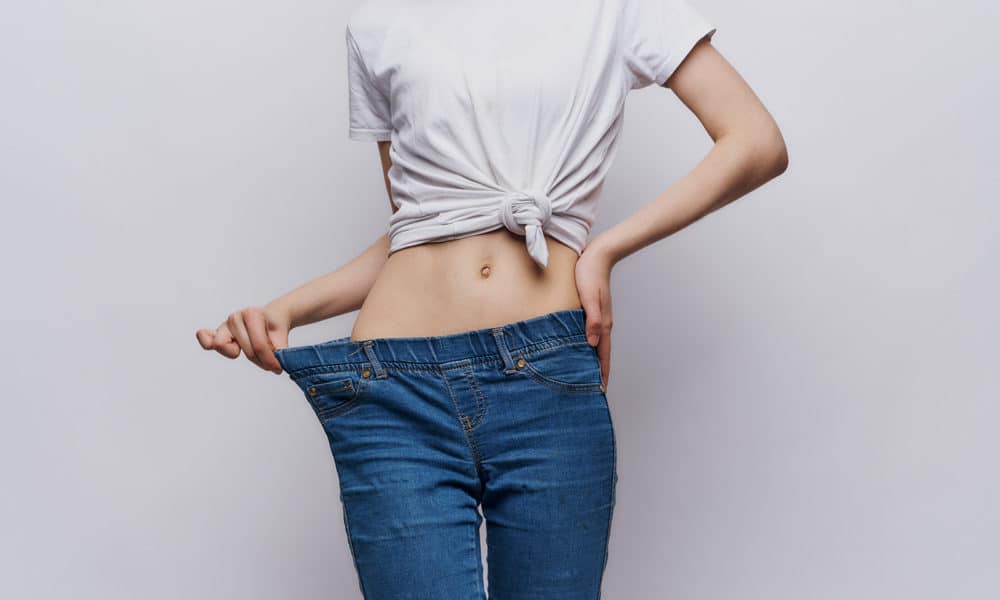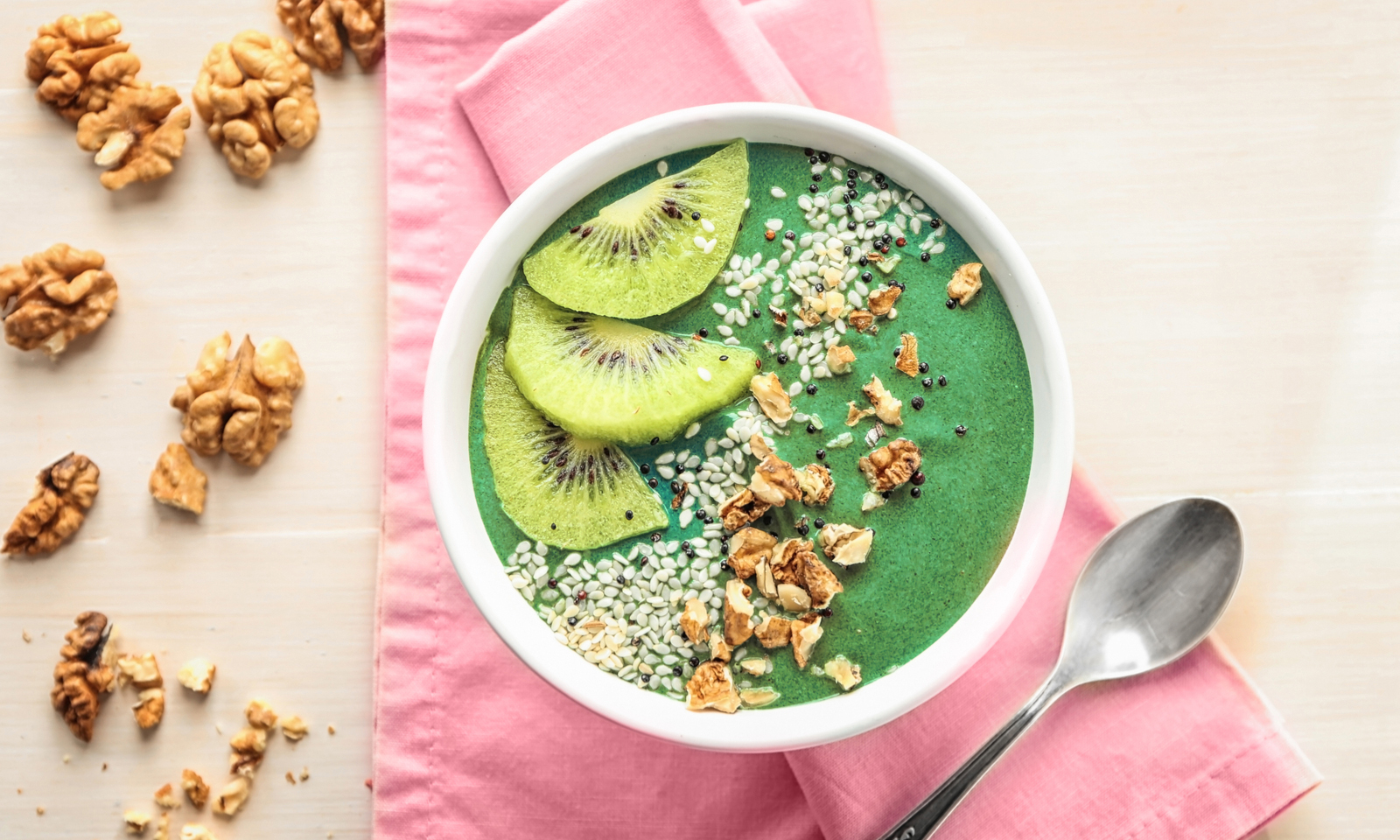

Some people who want to achieve and maintain their ideal weight undergo restrictive diets. While cutting down their calorie intake, some may go below the needed calories per day, which may lead to several health problems. But, that’s not the only reason a number of individuals are not eating enough. For some, they’re undereating without knowing it due to an abnormally high metabolism or an eating disorder. So, how will you know that you need to eat more food? Here are the usual signs that you’re not eating enough.
1. SKIN PROBLEMS
Skin problems, like dry skin, is a usual sign that you’re not getting enough nutrients, especially healthy fats. Remember, your skin uses fats to create a protective barrier, making your it soft and supple. That’s not all. Vitamin C rich foods can also help boost your collagen production, which can aid in reducing wrinkles and other signs of premature aging. Thus, eating sufficient amounts of nutrient-dense foods will not only ensure that you have a smooth and healthy skin. An excellent diet can also help promote a radiant and youthful complexion.
2. IRRITABILITY AND MOOD SWINGS
One of the most common signs that you’re not eating enough is irritability and mood swings. Basically, calorie restriction can change your brain chemistry. For example, your serotonin levels fluctuate when you’re constantly hungry. Remember, serotonin is a hormone that regulates your appetite and mood. As a result, you’re unable to control your anger or irritation. Furthermore, having an extremely low-calorie diet can result in high levels of cortisol (stress hormone), which can also negatively affect your mood.
3. CONSTIPATION
If you only have three bowel movements per week or fewer, you may need to eat more. Remember, there is less waste material when you’re not eating a lot of food. So, you may have irregular bowel movements. But, this is not a good thing. Keep in mind that starvation may lead to gastrointestinal issues, like a difficulty in digesting your foods and absorbing its essential nutrients. Plus, you also need to get rid of the toxins and waste materials inside your body for optimum health.
4. LACK OF ENERGY
Aside from incessant hunger, one of the most noticeable signs that you’re not eating enough is constant fatigue or lack of energy. Keep in mind that the foods and drinks you consume provide calories that fuel your body, giving you the strength and stamina to do your day-to-day activities. Aside from your usual undertakings, your body also needs calories to perform its basic functions, like breathing and food digestion. Hence, consuming your daily caloric requirement is a must to ensure that you’re physically and mentally active. If you’re exercising regularly, you may need to eat more to guarantee that your performance is always at its peak.
5. A WEAK IMMUNE SYSTEM
Aside from providing energy, the food you eat is also a source of essential nutrients. These healthful substances are necessary for your body to function efficiently. If you’re not getting enough nutrients, your immune system may weaken. So, your body is unable to effectively defend itself against foreign invaders, such as viruses and bacteria. As a result, you may get sick often. Furthermore, common illness, like a cough or common colds, may last longer than usual.
6. WEIGHT LOSS PLATEAU
Aside from those usual signs that you’re not eating enough, a weight loss plateau may also signify that your calorie intake is extremely low. Most of the time, we exercise more and eat less when trying to shed unwanted pounds. This strategy can work as long as you don’t overdo it. Ideally, experts recommend cutting down about 300 to 500 calories of daily intake to lose weight in a healthy manner. Going beyond this limit may mess up your hormones, such as thyroid, estrogen, and cortisol. These drastic changes may eventually result in a slow metabolism and fat retention. So, as much as possible, try to avoid extremely low-calorie diets, especially when you’re regularly doing high-intensity exercises. Having cheat days can also help in your weight loss success.
Always remember that your body needs enough calories to function efficiently. Thus, consuming the recommended daily caloric intake is a must, which will vary depending on your gender, age, physique, and physical activity. Typically, adult women must consume 2,000 or more calories while adult men need around 2500 or more calories per day. You can consult your doctor or nutritionist to get the exact details about your ideal caloric intake per day.
YOU MIGHT ALSO LIKE:
Diet Hacks for a Radiant and Youthful Skin

























